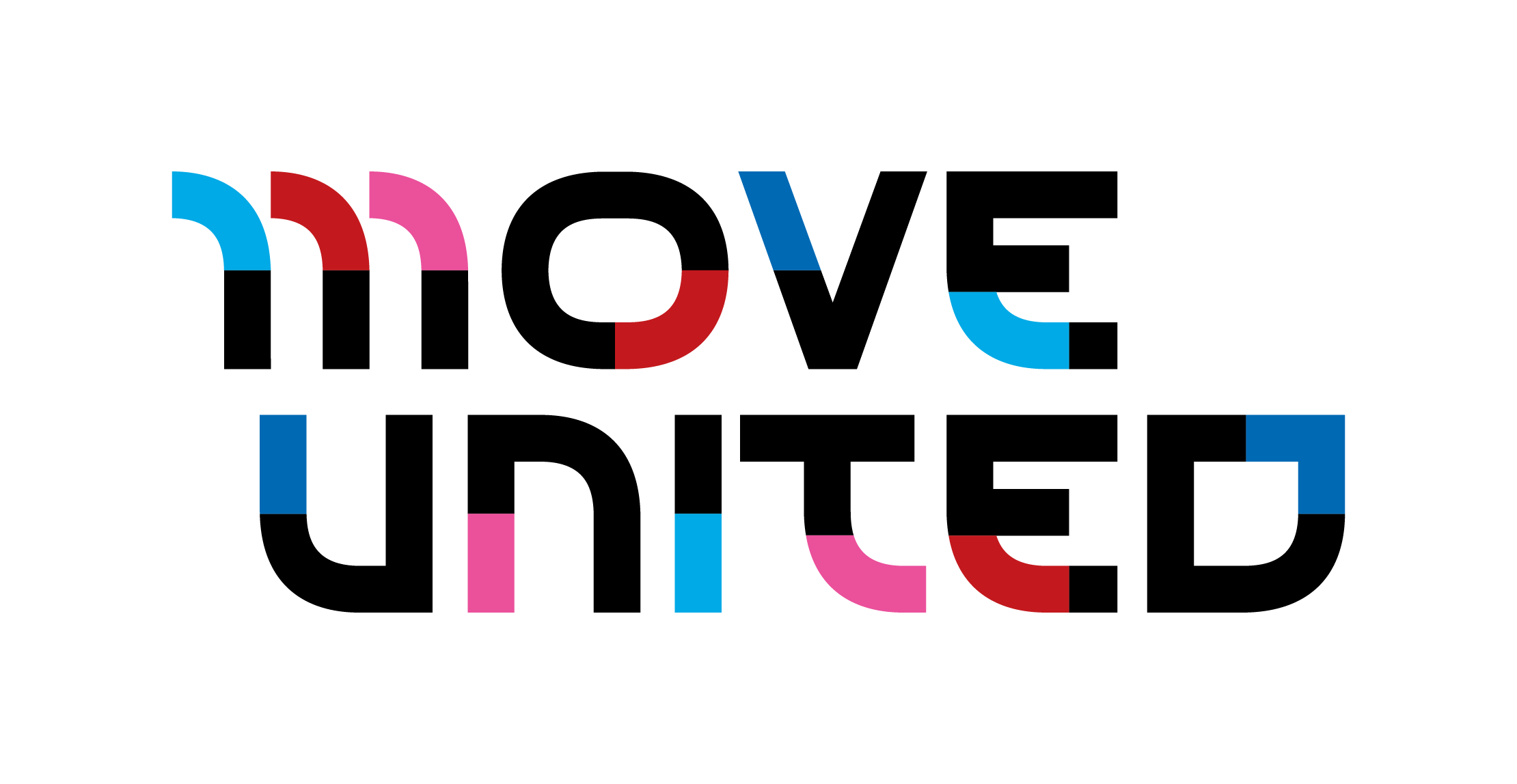President's Message: PLAY
David C. Jones
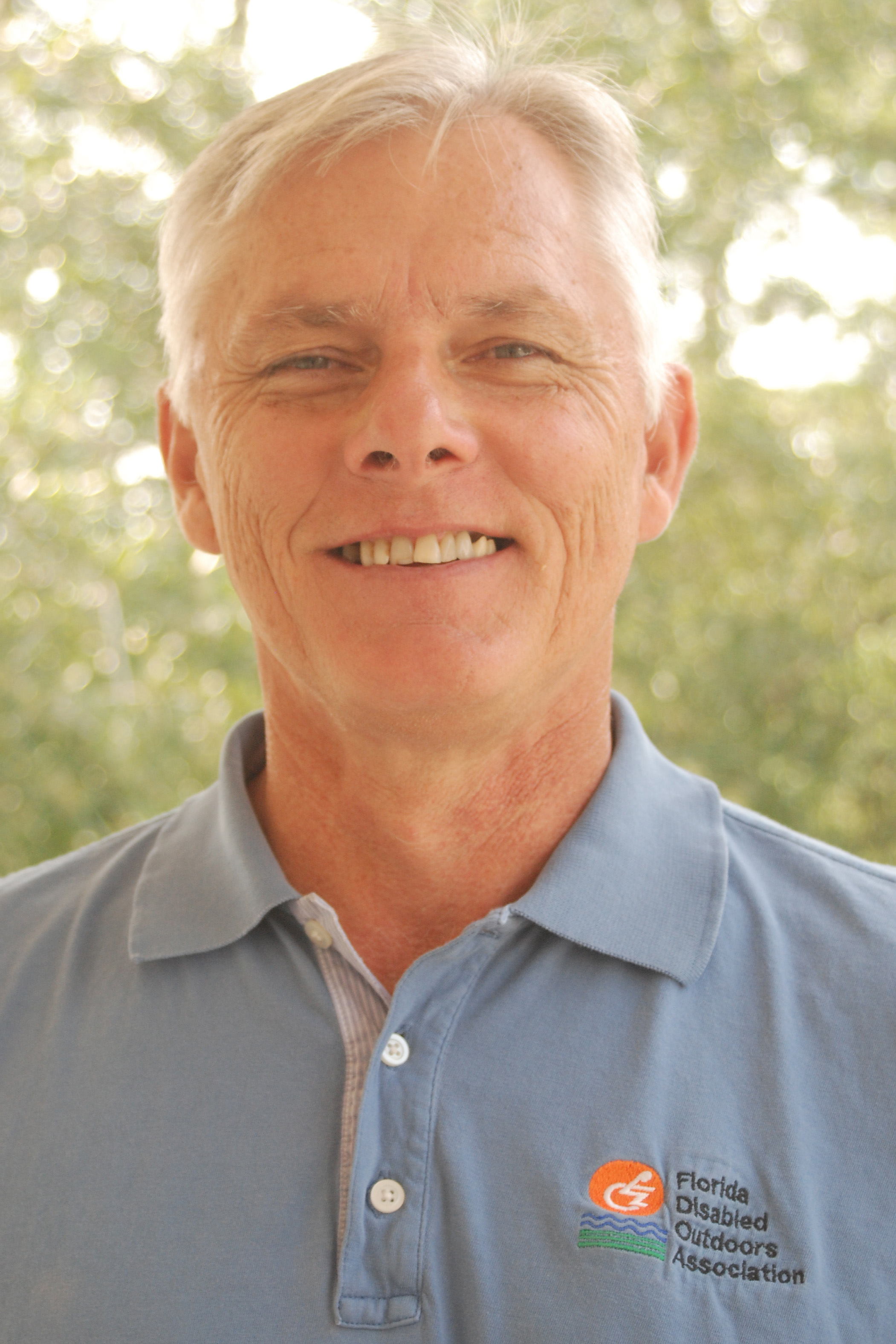
“We are not working, eating or sleeping all of the time, what we do in our leisure time can define our quality of life.” This quote comes from the short SportsAbility video that we made and have used since 2003 as a piece of our advocacy and educational outreach message. Our efforts have been joined by many organizations over the years, that support and embrace that important message. The US Play Coalition is one of these groups that have done a tremendous amount of work in promoting physical activity, recreation, and active leisure.
According to "US Play Pulse", Spring / Summer 2017, a publication of the US Play Coalition,
CHILDHOOD
UPBEAT: Play, particularly play that is child-centered rather than adult directed, provides opportunities for the child to grow, develop, and acquire ways to interact with the world in which they live.
ACTION: If your school system does not provide time for recess for its elementary-aged students, use the CDC recommendations as a tool to make changes in that policy.
PHYSICAL ACTIVITY
UPBEAT: What’s a simple thing that we all could do that costs nothing or very little and pays off in a big way? Move more! It’s a basic health prescription.
ACTION: Take a look at your typical day and identify small ways you can incorporate more physical activity into your daily routine so it becomes almost effortless, i.e. take the stairs at work or stores, park your car farther away from your destination, every little bit helps.
HAPPY AND HEALTHY ADULTS
UPBEAT: Continual change is the way of life in the 21st Century society. Thankfully, play is a great way for adults to adapt to that stress.
ACTION: Recognize your need to sit in front of a screen for 20 minutes to relax and escape, but don’t make that your only activity. Get up from the couch or chair and move on to an activity that is more engaging for you rather than just entertaining.
MATURE ADULTS
UPBEAT: Aging is an ongoing process for all of us. It can be a time of growth and enjoyment and with the large number of Americans aging into a mature lifestyle, play that involves challenge, contact with others, and physical activity. All actions that are a real boon to the aging process.
ACTION: Make a concerted effort to stay connected as socialization relates to the well-being of all of us. Make sure that friends and loved ones, most especially those who are older, get out of the house, encounter new experiences, and keep up with grandchildren or young adults.
NATURE
UPBEAT: Most of us have green or natural space around us or somewhere that we can access either easily or with some planning. Get outside. Sit under a tree. Count the stars. All of these activities can be good times that are good for you as well.
ACTION: Outdoor walking/biking trails are becoming popular in cities, suburbs, and even rural areas. Support your elected officials as they start to develop or expand these wonderful outdoor spaces. Your voice matters. More
HEALING
Another category that we embrace is the miraculous healing power of Therapeutic Recreation. The FDOA was originally founded in 1990 to assist in the rehabilitation of people of all ages as they pursued a return of function and community reintegration after a life altering disability, disease, or other health complication. Recreation and “play” has provided the much under recognized and underappreciated magical formula to open or to reopen the secrets to being, healthier, happier and more productive.
Active Leisure for Life!
Executive Director's Message: And the Award goes to.....
Laurie LoRe-Gussak, MBA, IOM, CAE

Many of you may not know that each year, Florida Disabled Outdoors Association (FDOA) gives out an Active Leisure for Life Award and a Volunteer of the Year Award. There are so many deserving organizations and people that these awards are extremely difficult to select.
The Active Leisure for Life Award celebrates the efforts of those who have contributed to the disability community in the area of accessible inclusive recreation.
The FDOA 2017 Active Leisure for Life award was presented to Florida State University Department of Sport Management for their outstanding service 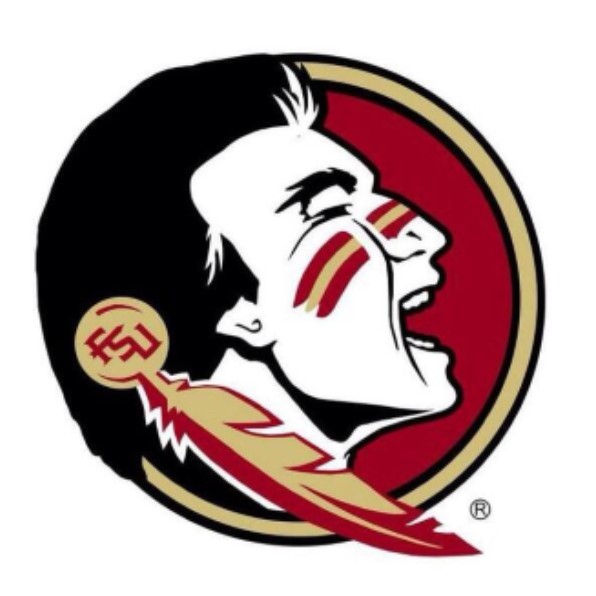 to the people of all abilities in the area of active leisure. The FSU Department of Sport Management works to prepare students for leadership roles in the sport industry. For years, the program has worked diligently to ensure that students carry forward the lesson of Active Leisure for Life and inclusion in recreation and sports throughout their careers in business, facility and event management, marketing and promotion, field research and more. These amazing educators and students believe everyone should have opportunities to experience the benefits of sports and physical activity. to the people of all abilities in the area of active leisure. The FSU Department of Sport Management works to prepare students for leadership roles in the sport industry. For years, the program has worked diligently to ensure that students carry forward the lesson of Active Leisure for Life and inclusion in recreation and sports throughout their careers in business, facility and event management, marketing and promotion, field research and more. These amazing educators and students believe everyone should have opportunities to experience the benefits of sports and physical activity.
Past Winners include:
2016 – On the Edge Children’s Foundation
2015 – Gatorland®
2014 - James A. Haley Veterans’ Hospital and Clinics Adaptive Sports Program
2013 – Miami Dade Parks and Recreation Disability Services
2012 – Ann OBrine Satterfield, UCANSki2
2011 – Harry Horgan, Shake-a-Leg Miami
2010 – Brooks Adaptive Sports and Recreation Program
2009 – Kiwanis of the Big Bend
2008 – Tallahassee Orthopedic Clinic
2007 – Florida Department of Health Brain Spinal Cord Injury Program
2006 – Florida Fish and Wildlife Conservation Commission
2005 – Tallahassee Community College
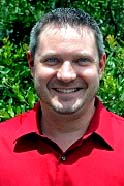 The FDOA 2017 Volunteer of the Year Award was presented to Michael Yon. Michael quietly works week in and week out behind the scenes assisting FDOA with their technology needs. He is not an employee, yet he has responded at night and on weekends on how to troubleshoot an issue, has provided information on the technology updates and has assisted in hardware support. Simply put, FDOA would be lost without his assistance! The FDOA 2017 Volunteer of the Year Award was presented to Michael Yon. Michael quietly works week in and week out behind the scenes assisting FDOA with their technology needs. He is not an employee, yet he has responded at night and on weekends on how to troubleshoot an issue, has provided information on the technology updates and has assisted in hardware support. Simply put, FDOA would be lost without his assistance!
Thank you to these award winners and to all of you that work so hard to enrich lives for people of all abilities!!
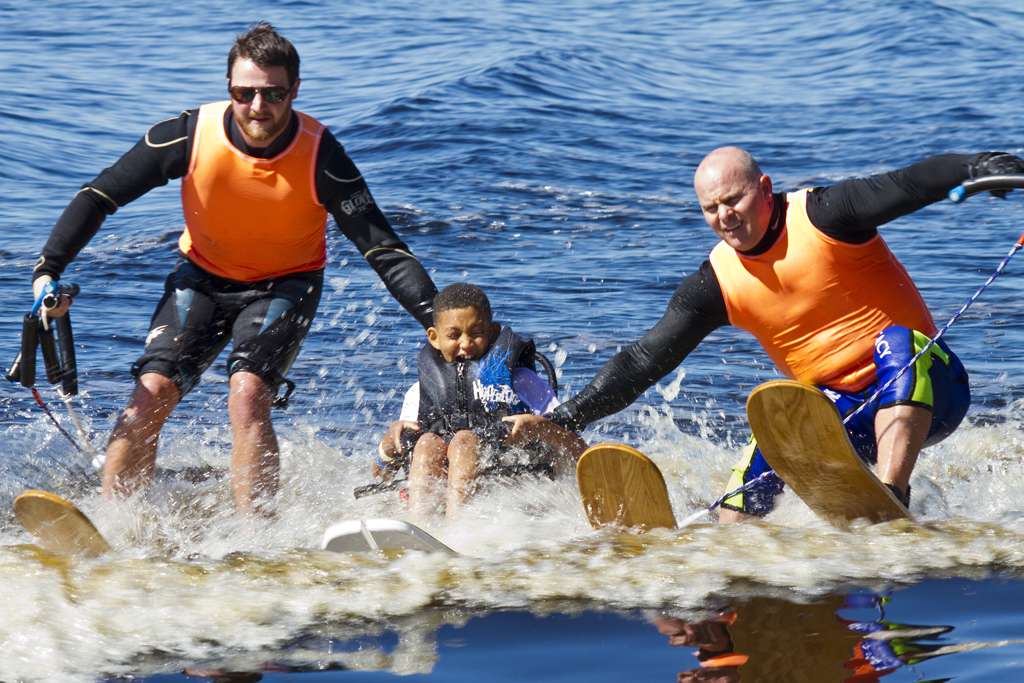 SportsAbility Tallahassee 2017 - SportsAbility Tallahassee 2017 -
A BIG Success!!
On April 6th through the 8th, numerous sponsors, agencies, universities and volunteers helped Florida Disabled Outdoors Association make SportsAbility Tallahassee a success!!
The program opened at the Miracle Field at Messer Park with the Seminole Showdown where SportsAbility participants were able to 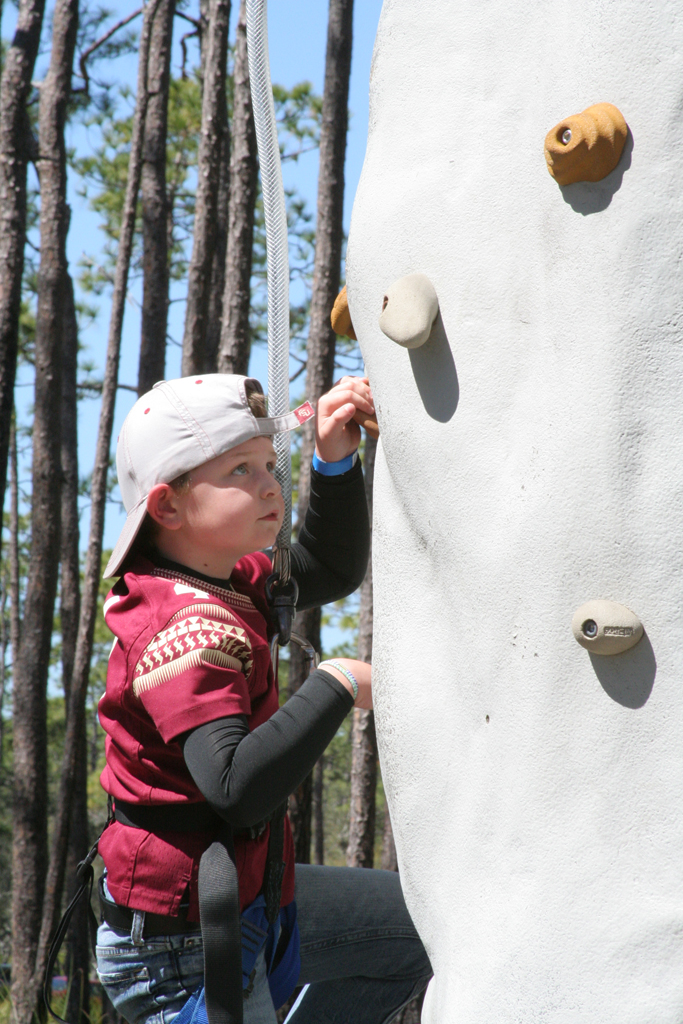 play Florida State University (FSU) athletes, hang out Cimarron and get their faces painted by FSU Cheerleaders. Seminole Sounds and DJ, Randy Rust, entertained the crowd. Kiwanis of the Big Bend cooked hotdogs and provided beverages for the participants to enjoy. The participants enjoyed playing baseball and other lawn games. play Florida State University (FSU) athletes, hang out Cimarron and get their faces painted by FSU Cheerleaders. Seminole Sounds and DJ, Randy Rust, entertained the crowd. Kiwanis of the Big Bend cooked hotdogs and provided beverages for the participants to enjoy. The participants enjoyed playing baseball and other lawn games.
At Tallahassee Community College’s Lifetime Sports Complex, Day 2 of SportsAbility included a Resources Expo and myriad indoor sports and recreation options for participants to try, including goalball, tennis, basketball, wheelchair obstacle course and more! It was especially exciting this year to have Coach Jose Reina, internationally renowned para-badminton coach from Spain host the para-badminton clinic. The partnership between the FDOA and Spain’s Paralympic Badminton team was historic because it was the start of a USA para-badminton training program to get ready for the Tokyo 2020 Paralympic Games.
The third day of SportsAbility held at Ochlocknee River State Park provided an array of outdoor activities for participants to try, including sit water-skiing, horseback riding, sailing, archery and target shooting, wave runner rides, pontoon boating, kayaking, SCUBA and rock wall climbing.
SportsAbility 2017 was an exciting event where the community came together in the spirit of providing and participating in inclusive recreation. Participants of all abilities learned about living healthier and happier lifestyles!
Recreation for People with a Spinal Cord Injury or other Disability
Mary Earnhart, Recreation Management Intern
 It is a known fact that physical activity is beneficial to maintaining both physical and mental health. This is true for anyone of any ability level, however, it is especially true for persons that are differently-abled. More specifically, physical activity can greatly impact persons with Spinal Cord Injury (SCI) and encourage a greater rate of re-integration into society. Participation by persons with SCI not only encourages community integration, but also contributes to the general well-being of the participants. Therefore, it should be imperative that health care facilitators and recreation therapists to educate and encourage persons with SCI to participate in adaptive sports - post injury. This can be done through providing social, emotional and informational support and resources. Resources including (but not limited to) information on adaptive sports available, testimonies from previous survivors of SCI, and outings designed to expose persons with SCI to available sports participation activities and programs. It is a known fact that physical activity is beneficial to maintaining both physical and mental health. This is true for anyone of any ability level, however, it is especially true for persons that are differently-abled. More specifically, physical activity can greatly impact persons with Spinal Cord Injury (SCI) and encourage a greater rate of re-integration into society. Participation by persons with SCI not only encourages community integration, but also contributes to the general well-being of the participants. Therefore, it should be imperative that health care facilitators and recreation therapists to educate and encourage persons with SCI to participate in adaptive sports - post injury. This can be done through providing social, emotional and informational support and resources. Resources including (but not limited to) information on adaptive sports available, testimonies from previous survivors of SCI, and outings designed to expose persons with SCI to available sports participation activities and programs.
According to an article titled Sports Participation and Re-Integration of Persons with Spinal Cord Injury by authors Kendra Smith and Pei-chun Hsieh, “Community integration is defined by researchers as the degree to which persons with SCI are involved with social engagement, productive activities, and activities in the home and community.” Furthermore, that “higher levels of community integrations are associated with higher life satisfaction and quality of life among individuals with SCI.” The whole purpose behind adaptive sports is to make it possible for people of different ability levels to still be able to be involved in sports participation. Adaptive sports programming also encourages individuals with SCI to become more socialized and involved in there community. It is important that there are a variety of outlets for physical activity as preferences and motivations will differ from person to person. Assessments should be done for persons with SCI to discover their mobility level and pin-point their interests.
The aforementioned article also states that “changes in the health care delivery system over the last 50 years have led to a 50% decrease in the amount of time individuals with SCI spend within the inpatient rehabilitation setting after diagnosis, with an average length of stay of 55 days. The substantial reduction in time within the inpatient rehabilitation setting can lead to individuals being unprepared in how to reintegrate back into the community and engage in sports opportunities, as the majority of their rehabilitation training is focused on performing activities of daily living.”
Due to this reduction in length of stay, it is important for therapists to find different ways to encourage reintegration and provide resources to those undergoing rehabilitation. Providing resources for persons with SCI to participate in post-injury not only encourages increased physical and mental health benefits, but also increases community integration and higher levels of independence. All in all, sports participation can greatly impact persons with SCI in a number of ways and can help them cope with their transitioning and promote an active lifestyle. It is very important to have education of adaptive programs and sports participation as a part of the rehabilitation process.
Recreation therapists can also provide informational packets where questions regarding the level of participation and mobility can further be addressed through providing such packets with resources to available adaptive equipment and programming. Information on accessible transportation should also be provided to further promote participation and make it known that participation should not be limited due to issues in transportation.
Also, seeking the support of organizations whose purpose includes community re-integration through sports participation can be instrumental in assisting in the self-discovery of persons with SCI. Organizations such as: The Florida Disabled Outdoors Association (FDOA), which passionately seeks to provide resources for the differently abled and connect people of all abilities to available inclusive programming. Programming including their Miracle Sports program that adapts a variety of sports to be inclusive and their annual SportsAbility event, which provides an array of recreational opportunities where all ability levels can participate. Organizations like the FDOA can assist in further educating and exposing persons with disabilities to accessible recreational opportunities, which can play a vital role in the re-integration process and ultimately increases physical and mental health of the participants.
More information for People with a Spinal Cord Injury:
English / Spanish
More information for People with a Brain Injury:
English / Spanish

Federal legislation is focused on ensuring people with disabilities have adequate counseling and information on competitive integrated job opportunities. RESPECT of Florida partners with about 50 other nonprofit organizations throughout the state that hire people with disabilities ho produce commodities or perform services.
RESPECT has helped employ thousands of Floridians through contracts with governmental entities. Most individuals are paid minimum wage or above at integrated sites.
RESPECT is always seeking new partners who share the mission of serving people with disabilities. To learn more about partnership opportunities with the RESPECT program, please contact Executive Director Ryland Musick at [email protected] or (850) 942-3540.
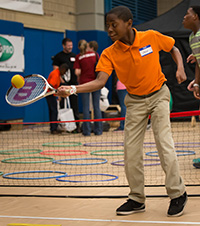 Please help someone with a disability learn Please help someone with a disability learn
how to benefit from physical activity!
You may think that small donation won't make a difference, but it truly does! Each person contributing a small amount makes an impact on someone's life forever! Please donate whatever you can to help a person with a disability experience the benefits of the physical activities.
Donations may also be mailed to:
Florida Disabled Outdoors Association
2475 Apalachee Parkway, Suite 205
Tallahassee, FL 32301
FDOA gratefully accepts tax deductible donations and in-kind gifts as a 501 (c)(3) nonprofit organization. (Federal ID# 59-3051552)
|
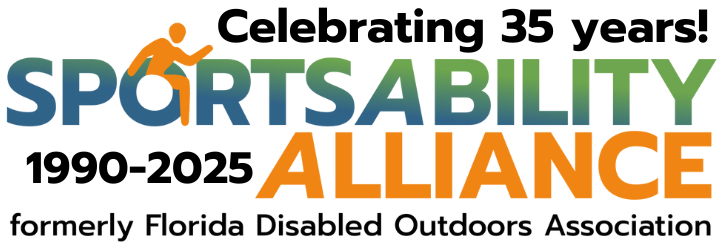


 to the people of all abilities in the area of active leisure. The FSU Department of Sport Management works to prepare students for leadership roles in the sport industry. For years, the program has worked diligently to ensure that students carry forward the lesson of Active Leisure for Life and inclusion in recreation and sports throughout their careers in business, facility and event management, marketing and promotion, field research and more. These amazing educators and students believe everyone should have opportunities to experience the benefits of sports and physical activity.
to the people of all abilities in the area of active leisure. The FSU Department of Sport Management works to prepare students for leadership roles in the sport industry. For years, the program has worked diligently to ensure that students carry forward the lesson of Active Leisure for Life and inclusion in recreation and sports throughout their careers in business, facility and event management, marketing and promotion, field research and more. These amazing educators and students believe everyone should have opportunities to experience the benefits of sports and physical activity. The FDOA 2017 Volunteer of the Year Award was presented to Michael Yon. Michael quietly works week in and week out behind the scenes assisting FDOA with their technology needs. He is not an employee, yet he has responded at night and on weekends on how to troubleshoot an issue, has provided information on the technology updates and has assisted in hardware support. Simply put, FDOA would be lost without his assistance!
The FDOA 2017 Volunteer of the Year Award was presented to Michael Yon. Michael quietly works week in and week out behind the scenes assisting FDOA with their technology needs. He is not an employee, yet he has responded at night and on weekends on how to troubleshoot an issue, has provided information on the technology updates and has assisted in hardware support. Simply put, FDOA would be lost without his assistance! SportsAbility Tallahassee 2017 -
SportsAbility Tallahassee 2017 -  play Florida State University (FSU) athletes, hang out Cimarron and get their faces painted by FSU Cheerleaders. Seminole Sounds and DJ, Randy Rust, entertained the crowd. Kiwanis of the Big Bend cooked hotdogs and provided beverages for the participants to enjoy. The participants enjoyed playing baseball and other lawn games.
play Florida State University (FSU) athletes, hang out Cimarron and get their faces painted by FSU Cheerleaders. Seminole Sounds and DJ, Randy Rust, entertained the crowd. Kiwanis of the Big Bend cooked hotdogs and provided beverages for the participants to enjoy. The participants enjoyed playing baseball and other lawn games. It is a known fact that physical activity is beneficial to maintaining both physical and mental health. This is true for anyone of any ability level, however, it is especially true for persons that are differently-abled. More specifically, physical activity can greatly impact persons with Spinal Cord Injury (SCI) and encourage a greater rate of re-integration into society. Participation by persons with SCI not only encourages community integration, but also contributes to the general well-being of the participants. Therefore, it should be imperative that health care facilitators and recreation therapists to educate and encourage persons with SCI to participate in adaptive sports - post injury. This can be done through providing social, emotional and informational support and resources. Resources including (but not limited to) information on adaptive sports available, testimonies from previous survivors of SCI, and outings designed to expose persons with SCI to available sports participation activities and programs.
It is a known fact that physical activity is beneficial to maintaining both physical and mental health. This is true for anyone of any ability level, however, it is especially true for persons that are differently-abled. More specifically, physical activity can greatly impact persons with Spinal Cord Injury (SCI) and encourage a greater rate of re-integration into society. Participation by persons with SCI not only encourages community integration, but also contributes to the general well-being of the participants. Therefore, it should be imperative that health care facilitators and recreation therapists to educate and encourage persons with SCI to participate in adaptive sports - post injury. This can be done through providing social, emotional and informational support and resources. Resources including (but not limited to) information on adaptive sports available, testimonies from previous survivors of SCI, and outings designed to expose persons with SCI to available sports participation activities and programs.
 Please help someone with a disability learn
Please help someone with a disability learn 
